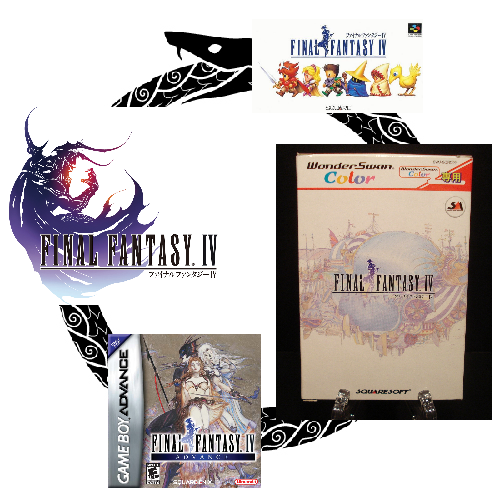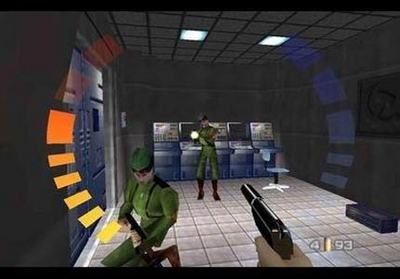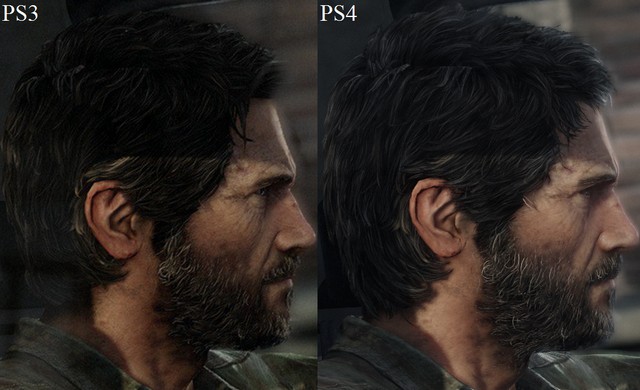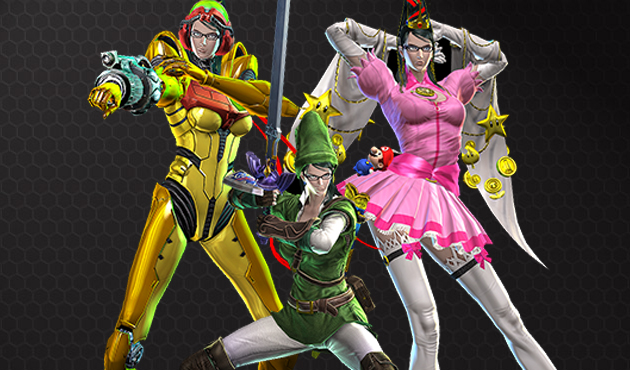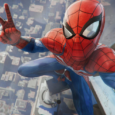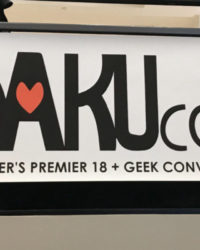“When was the last time you heard an original idea?”
“ANOTHER sequel? Who hires these people?”
“Nintendo will never go out of business so long as they have their core characters. Not that that’s a good thing.”
You’ve probably heard statements like these many times, often from older gamers who are tired of monotony in the games they play. It’s easy to see their point — movies have also gotten to the point where we’re rebooting series that were just rebooted five years prior that were rebooted from a series not long before that, and that problem is starting to invade video games.
I don’t just mean the Call of Duties and Maddens of the world, I mean of cash grabs on the parts of companies like Square and Nintendo who release their old titles over and over again to generate more money with little work. The result of this ouroboros of IP is a jading of the gaming community and an increasing unwillingness to take chances on the parts of large developers, both problems for mature gamers and game-makers alike.
But despite all of that, I still think ports and remakes have their place and shouldn’t be vilified.
Remakes
A remake, by my definition, is remastering a game’s graphics or engine for another console, retranslating it, or adding to its content in a significant way. Legend of Zelda: Wind Waker HD is a remake because of the updated graphics, engine, and new features, whereas Final Fantasy VI for Android is a port because it’s nearly identical to its source game.
Remakes make a lot of financial sense to companies. Most of the hard artistic work has been done — nailing the concept, story, gameplay elements, and art aesthetics — so you can hire far fewer people at a lower skill level to get a “new” game out. The stigma associated with this is that it’s milking a series for more money because the company is desperate, but even putting aside that this sentiment is driven by entitlement, it also completely ignores the benefits of remakes.
Remember the first time you popped in Ocarina of Time and had Navi fly you through Kokiri forest? If you played the game when it first came out, you know exactly what I’m talking about. Now imagine a 12-year-old today. Why would they ever go back to an N64? Could they even experience the joy you did given the advancements in graphics, camera designs, and controllers? If you said yes, I encourage you to go back and play Goldeneye. As much as I love the game, it does NOT hold up.
Now imagine that same 12-year-old picking up their copy of Ocarina of Time 3D and taking the same flight in 3D. How cool is that? Nintendo made that happen for two generations of people. I know that’s not typical, but the point I’m driving at is: if the game is good, why not bring it up to today’s standards and expose it to the younger generation?
Ports
Ports tend to be far more unpopular than remakes. With remakes, a noticeable amount of work must be put in. On the other hand, with this classification of IP reuse, you’re getting almost the same content, just with on a different platform. So who cares?
What if I told you about a game where you play as a burly dude playing beach Frisbee Pong with special power-ups, different hit moves, really fast and intense gameplay, something I’ve screamed about as much as Smash Brothers or Counter Strike? That game came out already, and it was called Windjammers. Why didn’t everyone play this game, or at least hear about it? Because it came out on NeoGeo… and who the hell had a NeoGeo? If you’re interested in playing it, you could have picked it up for a short time for the Japanese Wii Virtual Console (it was eventually delisted because of IP disputes). You never would have had the opportunity to legally play it without digging out either an arcade box or a NeoGeo CD. And even then, good luck finding the game.
Porting allows little known titles to be given another shot at a wider audience. Imagine spending years of your life dedicated to a game you really believed in, something that you’re violently proud of. Now imagine that system was discontinued in 2.5 years. Welcome to the life of every developer who made a game for Dreamcast. Now imagine you’ve done some research and found out it’ll only take six months to put it out on Gamecube or Playstation 2. Not only can this potentially pull you out of a money pit you’ve likely dug yourself into, it gets your work in front of more eyeballs. If they genuinely don’t like it, that’s fine, but they need to at least be aware of it to form an opinion. Releasing a work that nobody engages with is like singing to an empty room — as frustrating as it is sad.
Where Things Go Awry
Now don’t get me wrong, I’m not extolling the virtues of all remakes and ports. Some are just downright bad. For example, Deadly Premonition just recently came out for PC. Not only was it out on widely popular consoles recently, but the port had fixed resolutions and crashes constantly. The minimal amount of additional content can’t make up for the anxiety of saving every 15 minutes in case of a crash.
Other ports, I can’t see as being terribly necessary. As much as I loved The Last of Us and GTA V, they came out last year on current gen hardware, and the leap to next gen doesn’t make that much of a difference. So, why do it? Those consoles aren’t adopted by very many people at the moment anyway, so you’re not opening up to a new audience; you’re catering to the old one. People can buy whatever they want to buy, but I just don’t see the point in an HD remake that soon after the first one.
Best Practices
A good port must answer the question “Why should I buy this if I can play the original?” or “Why did the developer make this?” They’re not difficult questions, really, but they’re important.
- Does the port offer features you like that are better than the original?
- Can you really tell the difference between the two?
If it’s not easy to explain the difference between a game and its port to someone, it’s probably not a worthwhile port – unless there’s some sort of business or logistical reason behind the port beyond getting more money. Maybe the game was released on the wrong console at the wrong time. Perhaps it was released with a ton of bugs on a system that didn’t support patches and they want a second chance. Or maybe the company wants to expose their game to a new or expanded audience. Simply put, a good remake or port should be better than the original, either through the game’s contents or the available market.
Some games just don’t hit at the right time or aren’t full featured enough to catch the public’s eye. One perfect example of this is Phoenix Wright: Ace Attorney. Not many know that it’s actually a port of the Gameboy Advance title by the same name (Japanese title Gyakuten Saiban). When it came out, it was well received, but didn’t do well enough to warrant an overseas release. Then the game was remade for DS with an additional case, longer than any of the cases in the original games, and with extra puzzle features. The game took off, leading to an overseas release in both US and Europe and the subsequent ports and new games that have come since. Whether or not the other ports were worthwhile is another story, but the success of the original shows exactly what putting hard work into a port can do.
Conclusion
Ports and remakes aren’t all bad. Do some of them dilute the pool of available games with their bugs and unnecessary rereleases? Absolutely. But that doesn’t mean that the genre as a whole is worthless. Reusing IP opens up beloved games to new audiences, allowing them to find homes in the hearts of more gamers and give another chance to a piece of art a team of people created. If that means I have to see five Deadly Premonitions to get one Ocarina of Time 3D, I’ll take that deal every day.


